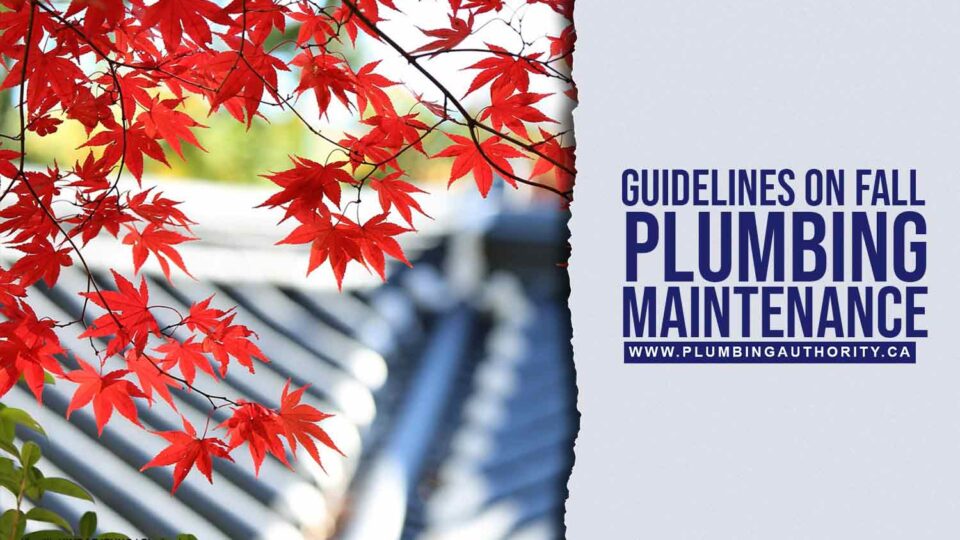
The fall season is here! Typical outdoor activities like picnicking, hiking, and camping may be out of the question for many. However, you can take this time to inspect your home plumbing system. For many homeowners, there’s no time like the fall season to check their plumbing and fix underlying issues before they snowball into complex problems come wintertime. Say “no” to burst pipes as early as now.
Why Regular Plumbing Maintenance Is Important
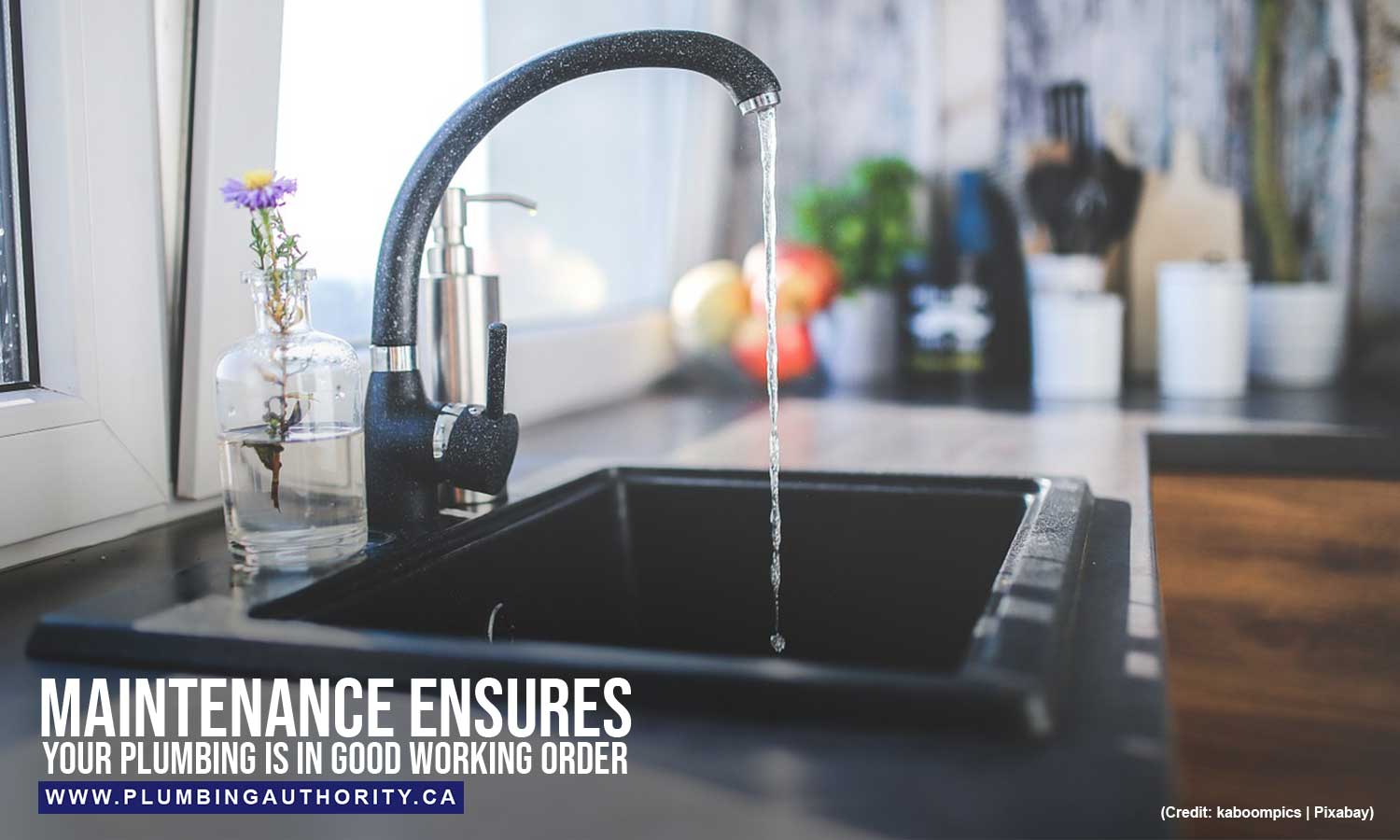
Plumbing systems don’t reveal signs of impending problems. You’ll only know you have a defect somewhere in your plumbing when, one day, it manifests through a leaky pipe, a ballooning water bill, or worse, a burst pipe.
Leaks are a silent enemy. There’s no way of detecting them until you see an ugly map-like stain on your wall. A running toilet or a dripping faucet can get so annoying they’d wake you up from your slumber in the middle of the night. Left unaddressed, they can lead to mould problems or damage to the structure.
For these reasons, it’s highly necessary to set up routine plumbing inspections. A thorough assessment of your pipes, fixtures, and septic system and immediately addressing issues can have a massive impact on your peace of mind. An entire weekend spent evaluating the health of your system can possibly spare you from the hassle and expenses of repairing damaged property.
Here are a few basic plumbing maintenance tips:
Indoor Plumbing Maintenance
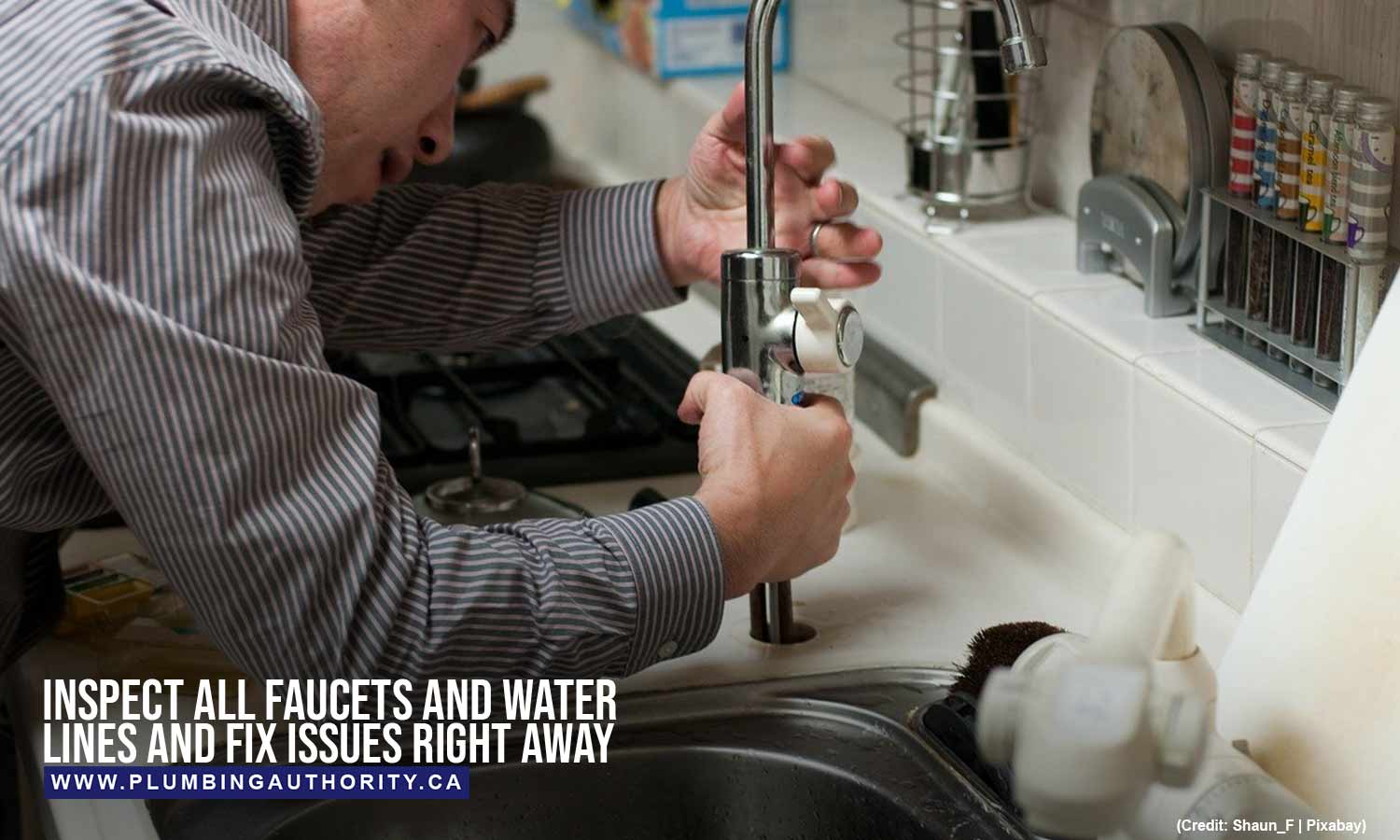
Here’s a preventive plumbing maintenance plan checklist you can refer to when inspecting in your indoor plumbing:
|
Kitchen and bath:
|
Laundry
|
Basement
|
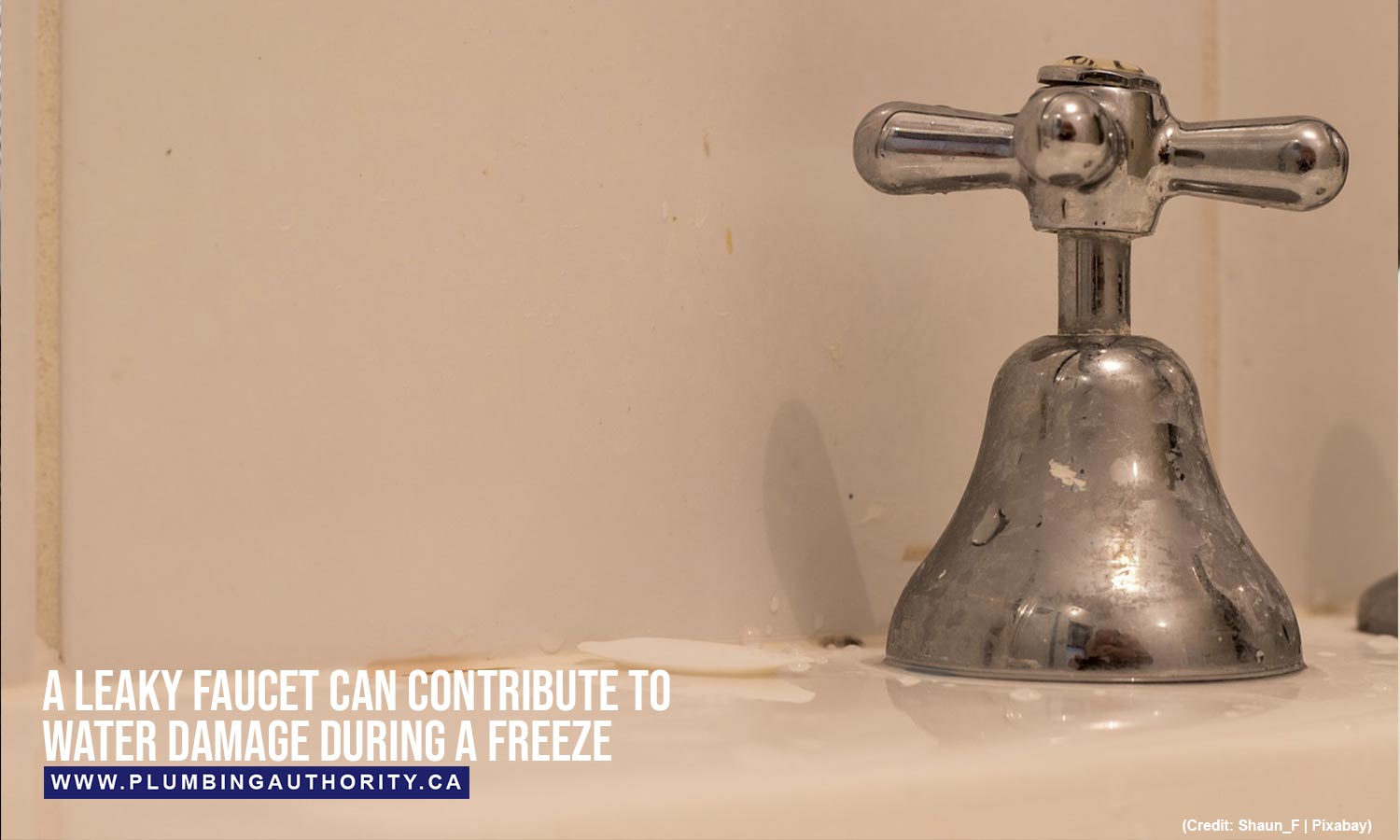
- Spot leaks on fixtures – Check your showers and toilets for any signs of damage. These fixtures may still function well, including old and worn ones; but corrosion, cracks, and dents must be addressed right away. These signs of wear and tear can affect the efficiency of a fixture. Upon inspection, check for signs of drips. Damp walls, ceilings, and floors are obvious signs of drips.
- Ensure caulking is tight enough – Waterproof sealants play an important role in preventing water flowing through sinks and tubs from seeping through your sub-floor. Tight sealants also keep your heating and cooling from escaping through gaps and cracks surrounding your doors and windows.
- Inspect your water lines for leakage – Leaky pipes can result in damage and excessively high water bills. The presence of leaks can also trigger the growth of mould and mildew. Leaks can be present in these common areas:
-
- Under bathroom and kitchen sinks
- Supply lines of hot and cold water heater
- Washing machine
- Refrigerator
- Dishwasher
- Basement
If you lack the necessary tools to fix a leaky pipe, contact a professional plumber for expert plumbing repair services.
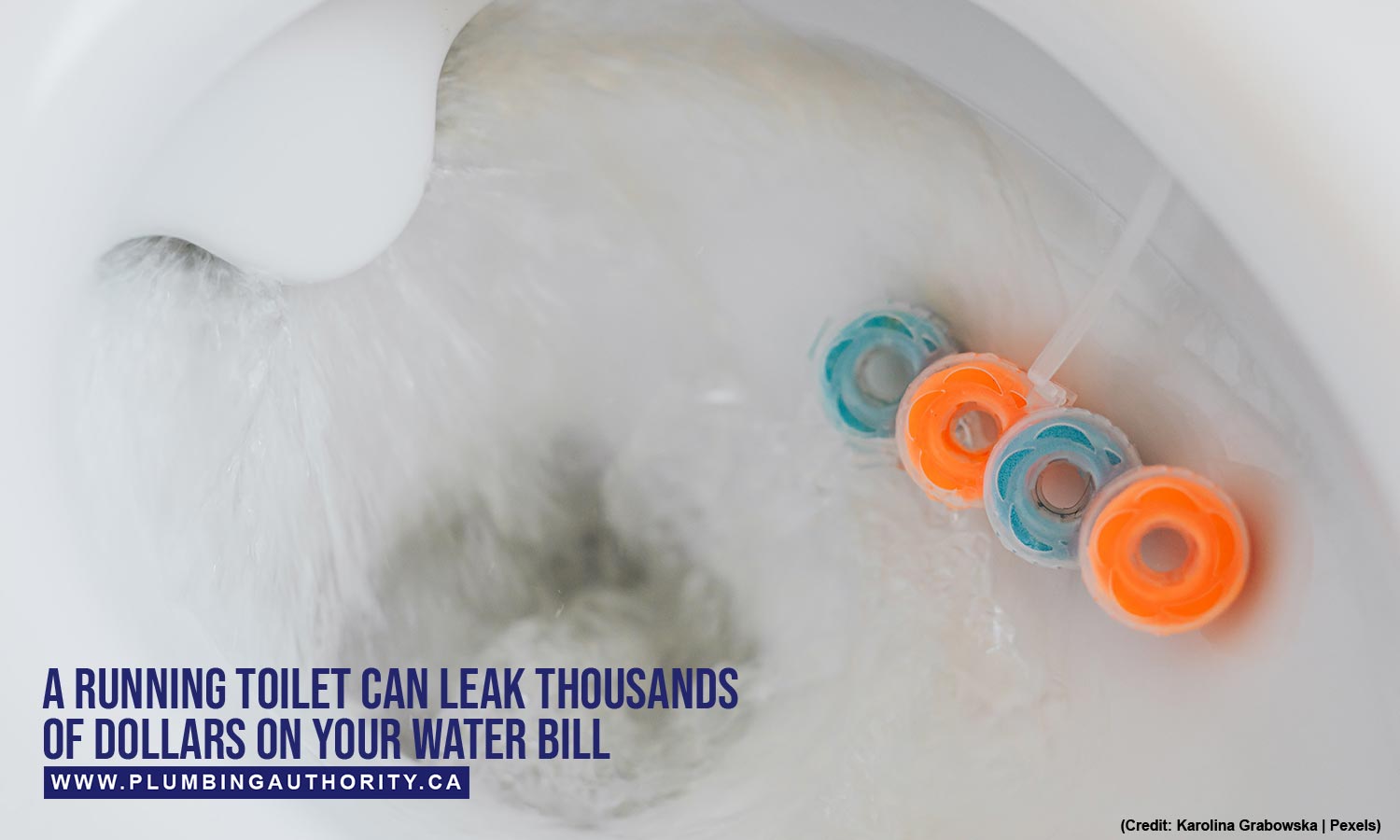
- Inspect your toilets. Running toilets can cause inconvenience, plus it can blow up your water bill. A running toilet can be caused by a malfunctioning refill tube, a damaged flapper, a problematic float ball, or a worn-out gasket. This shouldn’t be an issue a plumber couldn’t fix.
- Clean your garbage disposal. To prevent your garbage disposal from emitting odour, keep it clean at all times. To do this, run water through it for 30 seconds. Add 1 cup of vinegar and half a cup of baking soda. Let it soak for a good 30 seconds. Then pour boiling water into the drain.
- Check your heater. Your water heater also needs inspection and must be kept clean and working efficiently. See to it that minerals in your water don’t leave sediments that affect your heater’s capacity. If you need assistance in maintaining your equipment, call a plumber. They can lend you a hand in removing the sediment and draining your heater.
- Keep your basement moisture-free. Moisture due to condensation, humidity, and pipe leaks can result in mould growth. Once mould has settled, it can spread instantly across walls and floors. Before this turns into a serious mould situation, trace and fix the source of moisture.
- Ensure your sump pump is in good condition. Sump pumps can stop working as efficiently when it’s saturated with standing water. To maintain it, unplug the pump and remove standing water. Also, clear out debris from the basin and remove obstruction on the inlet screen. Plug the pump back. Pour about 5 gallons of water to make sure the float switch is working as it should. Sump pump maintenance must be done every 3 to 4 months.
Outdoor Plumbing Maintenance
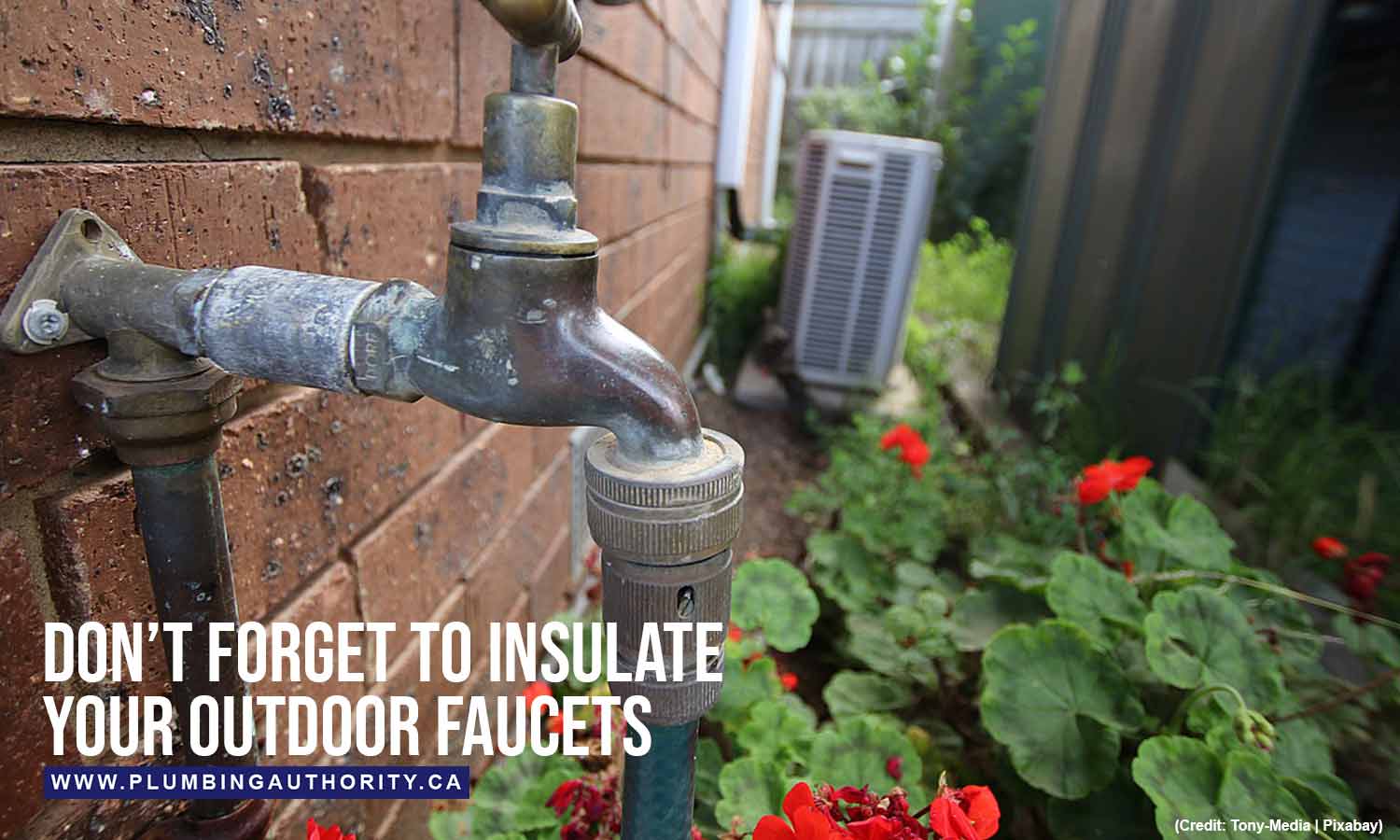
- Remove the garden hose from the spigot. When a water hose remains connected even in colder temperatures, chances are water in the hose will freeze and expand. This can cause pipes and faucets to freeze and break. Disconnect your outdoors and be careful when draining off water.
- Fix faucet leaks. Check your faucet for dripping water and fix these issues. A leaky faucet contributes to water damage and serious plumbing problems in winter. Afterwards, insulate the faucets using a styrofoam insulation kit.
- Shut off the interior valve. If you have an interior shut-off valve linked to your outdoor plumbing, switch it off and open the outdoor faucet valve.
- Insulate your pipes. Fully insulate your pipes, especially those located in areas that don’t have heaters (i.e. garage or crawl space). Insulation prevents your winter pipe from freezing.
- Seal all gaps. The entryways of pipes to the inside of your house develop gaps over time, which is normal. However, these openings can let cold air in. Colder air means more work for your heater and higher energy bills. Gaps also cause pipes to freeze. Check the areas through which pipes enter your house. Seal these openings using weather stripping. You can also insulate these areas for additional protection from freezes.
- Clean your gutters. Don’t forget about your gutters and downspouts, as they’re very much a part of your outdoor plumbing. They are essential in drawing away water from your home to prevent mould growth and keep leaks at bay. During fall, remove dirt, leaves, and other types of debris to ensure smooth flow.
If you catch and address issues early, you will stop a simple leak from becoming a plumbing mess. Fall is the ideal time for tackling plumbing issues. Check every part of your plumbing system and identify solutions as soon as possible.
For all things plumbing-related, get in touch with the professionals at Plumbing Authority Inc. Our licensed plumbers offer a complete maintenance services contract for your plumbing concerns. We also provide 24/7 emergency plumbing services. Call (647) 992-7473 to book your free on-site estimate today!




